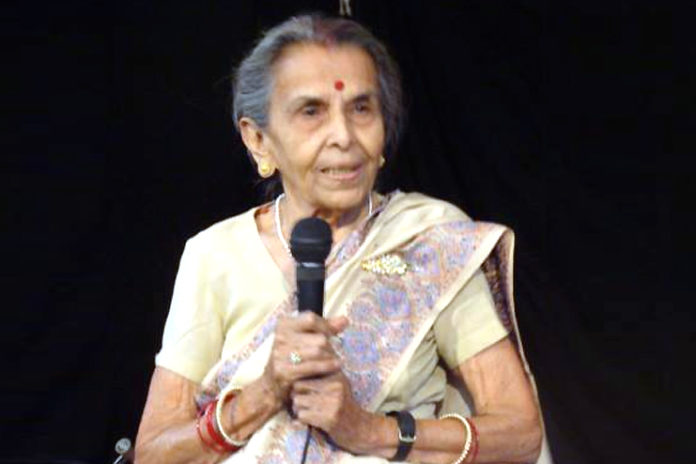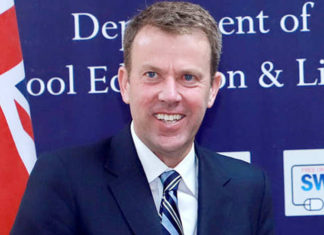It was the late 1960s when new mothers especially were very often enticed with baby food supplements promising optimum levels of iron, calcium, and scores of mineral. However, it was all spurious.
And, it was Annapurna Shukla, from Varanasi, who turned up with her pioneering research in infant nutrition and was instrumental in bringing to the forefront the crucial role of breast milk in the health and well-being of a newborn.
Before Dr. Shukla’s research, doctors, nurses and medical social workers, among others, were ill-advising expectant mothers not to breastfeed their newborns.
While pursuing her Ph.D. in the United Kingdom, the 91-year-old Dr. Shukla observed over 300 babies as the Chief Medical Officer (CMO) in Worcestershire. Of those 300 infants, only one was being breastfed by its mother and that too partially. She saw that the babies in the European countries generally weighed more than an average Indian baby.
She also understood that families were allowing themselves to be misled by the advertisements and packaging of baby food. They were told that these products are better for the child’s health and mother’s milk is insufficient.
The research was carried out in the United Kingdom and published in the British Medical Journal. She along with three other researchers studied parameters such as body weight, calorie intake, feeding pattern in infants and their correlation with obesity.
Shukla told TOI “We found that babies up to one year of age, who were getting solid foods and not breast milk, were obese and overweight. When the research was published, the government ordered baby food manufacturers to carry a warning that they were ‘not a substitute for mother’s milk’ on their products. It upset a lot of companies. And today, we are saving babies because of this knowledge.”
Even the World Health Organization now mandates that babies should be extensively breastfed for at least six months. Consequently, babies should be breastfed for one year as other items are being introduced into the infant’s diet.
Dr. Shukla’s research was based on the vedic practice of anna prashan that introduces solids, usually in the form of milk-and-rice kheer to a child at six months. The veteran said that the founder of Banaras Hindu University (BHU) Pandit Madan Mohan Malviya influenced her life since her childhood.
She completed her MBBS from Patna Medical College (then Prince of Wales Medical College) in 1945. After completing MBBS, she got married and started working as a medical officer at Mahila Mahavidyalay. She was one of the four practising women doctors in Varanasi at the time.
She even taught women at food science and nutrition department at Banaras Hindu University and motivated them to pursue valuable research. Finally, in 1969 she went to UK to do her Ph.D. in infant nutrition, as part of which she did the groundbreaking research.













































